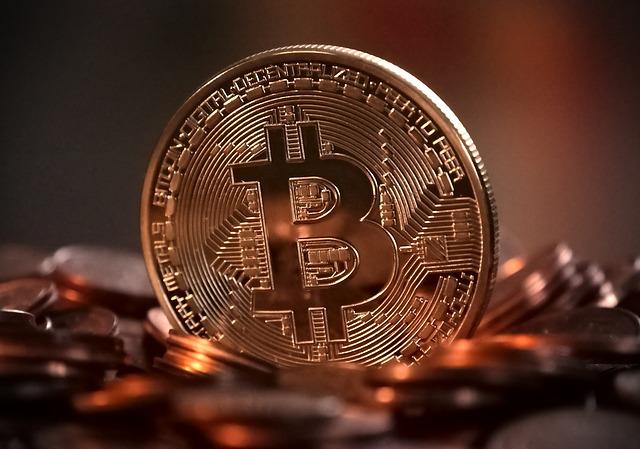A crypto reserve is a great investment
Our current fiat system is unsustainable, and Bitcoin offers several advantages over the gold standard:
- Unlike gold, Bitcoin truly has a fixed supply.
- Bitcoin is more divisible than gold, broken down into satoshis.
- It is easier to store and transport—there’s no need for armed guards, trucks, or expensive vaults.
- The market for Bitcoin is more liquid. Try selling gold on a Saturday at 9:00 AM.
Critics will say that Bitcoin is unsuitable for micropayments due to high fees and slow block times. This is argument has merit.
- The Blockstream sidechain processes transactions in approximately two minutes, which is still a bit too long for something like a coffee purchase. Adam Back, and his team, are trying to improve upon this.
- The Lightning Network can process payments instantly, but it operates off-chain.
- Other solutions, like Stacks, exist but are not as battle-tested.
I would argue, however, that this criticism misses the broader point. Bitcoin is better suited as a form of digital gold or digital real estate—its primary design is as a store of value.
Critics will obviously point to the fact that Bitcoin is volatile, but it's important to recognize that every emerging technology experiences volatility. Even at a $2 trillion market cap, Bitcoin still pales in comparison to the market cap of gold or other fiat currencies. For stability, Bitcoin would need a market cap, probably 3 to 4 times its current size—though even then, some volatility would remain. Even the dollar, with its massive market cap, continues to fluctuate daily.
Diversifying with a basket of cryptocurrencies is a good financial strategy because it spreads the risk. Other blockchains, for example, are better suited for fast, stablecoin transactions and complex smart contract applications.
For instance, it’s highly probable that in the future, XRP will facilitate most micro-transactions, because transactions settle in just 3 to 5 seconds on-chain at a fraction of a penny. Ethereum, Solana, Ton, and Algorand may end up handling most of the smart contract logic for decentralized real estate investments, decentralized brokerage services, etc.
One might ask: Why not just use XRP, Solana, and Ethereum? Because they are not as decentralized, and do not preserve wealth. Solana and Ethereum are inflationary, and XRP’s federate approach isn’t fully decentralized. Each blockchain, therefore, has its strengths and weaknesses.
In closing, I would argue that America should fully embrace the future of blockchain because it’s more decentralized. With cryptographic technology, we no longer need to rely on banks, brokerages, and other centralized institutions. Imagine if government spending were fully transparent and on-chain, allowing the public to track how their tax dollars were spent. In short, crypto is the antithesis to the centralized model advocated by the CCP and the WEF. Cryptocurrency is about securing freedom, decentralizing industries, and increasing transparency.

Image: Free image, Pixabay license.





